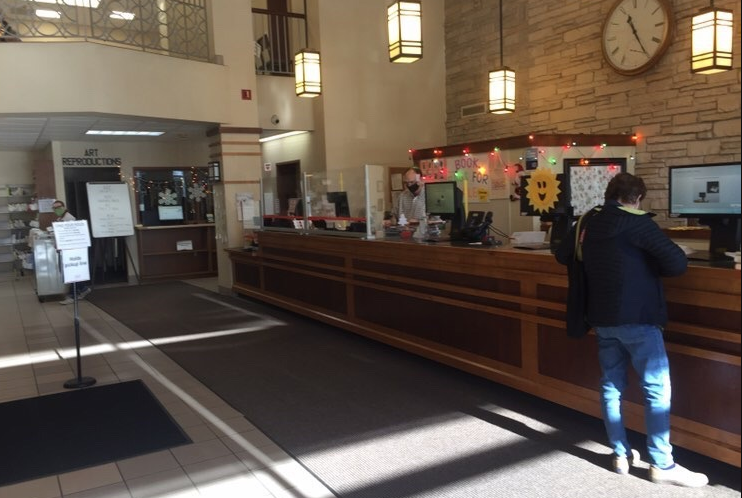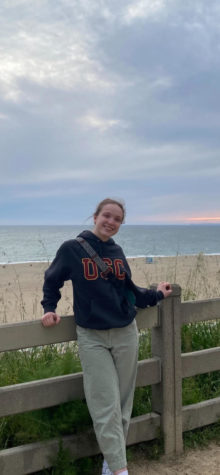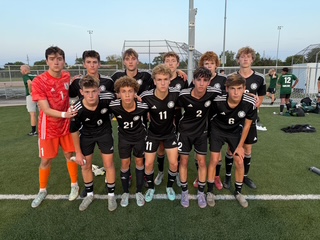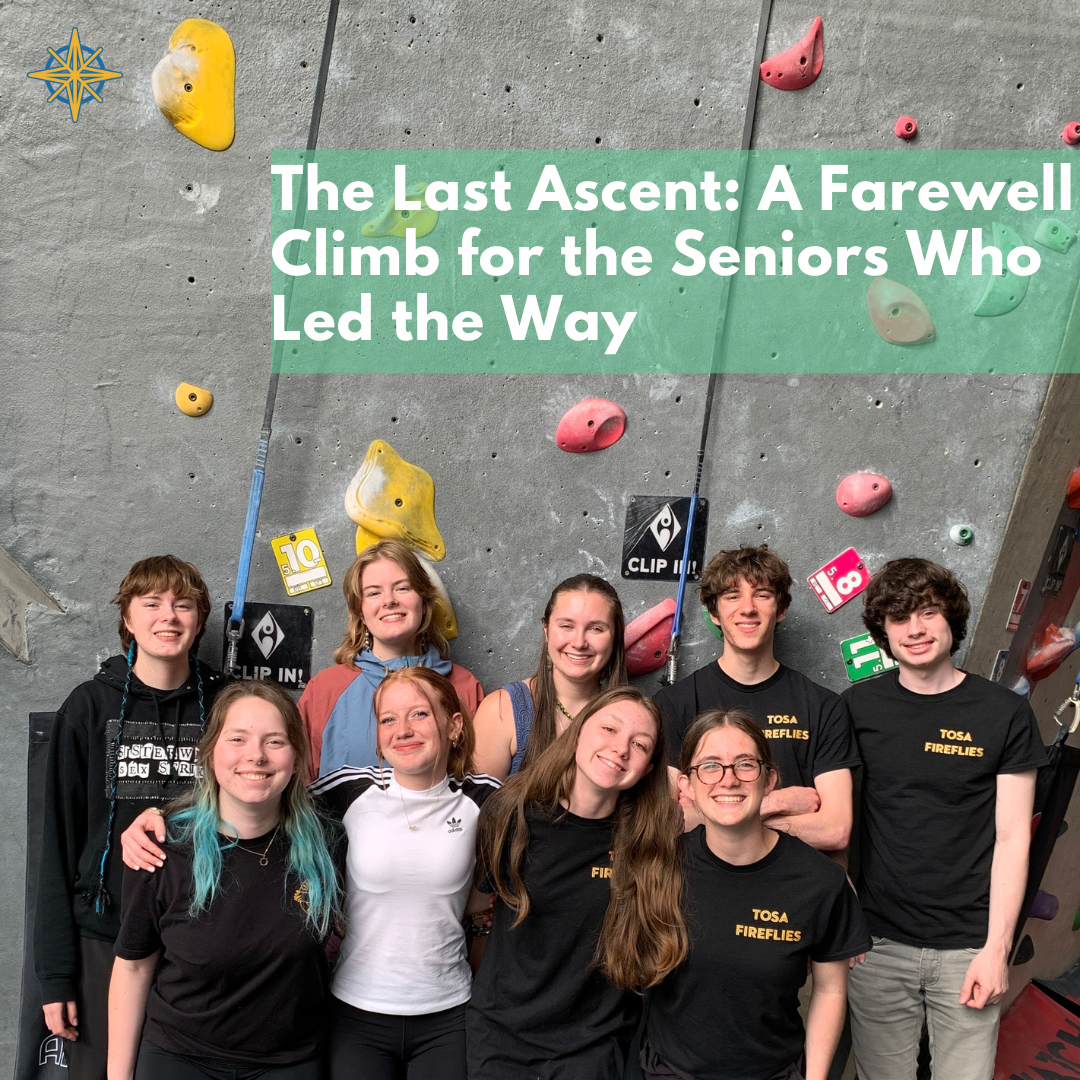Wauwatosa Public Library Operates During COVID-19
December 2, 2020
Libraries were far from exempt from the services in communities restricted by COVID-19, however, the Wauwatosa Public Library got creative to continue to serve patrons.
“We had to find a way to get books off the shelf and out the door, because they’re not doing any good sitting on our shelf,” Wauwatosa Public Library’s Children’s Library Supervisor Anne Kissinger reflects on the early days of the pandemic.
She was focused on getting children to keep reading while in quarantine.
“Children are not born readers, they’re socialized into reading. So in order for them to be socialized into reading, they need books,” Kissinger said.
When COVID-19 limited the ways people could get books, new methods emerged. One being what the library calls book picnics.
“We pretty much just turned a couple of our cars into a bookmobile, we asked a host from our neighborhood association, they volunteered their yard,” Kissinger said. “And then we went and literally just brought crates of books and set them out in their yard.”
People could then go and check out books. In this way people are outside and contact is easily monitored.
Book picnics are just one of the ways the Wauwatosa Public Library has continued to check out books to the community.
“I have always been a proponent of trying to make services more accessible to patrons,” says the circulation supervisor, Tristan Marshall, who oversaw the implementation of a curbside pick up program.
This program helps in “making services more accessible,” a goal that became very important during the lockdown.
This isn’t the first time libraries have had to adapt to the world.
“One of the things that libraries have always done well over the years is they adapt to serving the public because it’s what the public expects,” says Wauwatosa Public Library Director Pete Loeffel.
As society evolves so must libraries. The implementation of technology is a big example of that, and that access to technology has been very important to the library in remaining connected during quarantine.
“We just found a new way to see how we engage with our patrons,” Kissinger says in reference to Zoom book discussion groups, an example of how a local library has been able to reach farther than it’s community.
“We’ve had children from New York join the book discussion, because someone invited their cousins or their friend from out of state to join them,” Kissinger explains. “That’s something that wouldn’t happen in a in person program. So there’s sort of silver linings.”
The biggest silver lining is that the library never had to shut down completely.
“We transitioned fairly quickly to finding new ways of providing valuable services to the public,” Loeffel says.
These transitions included more than new services but basic physical modifications to the building. These modifications came about through collaboration with other departments in the city.
“Our city’s facilities department has helped us put protective screens in the usual stuff that you would see. Our Department of Public Works has helped secure cares grant funding to get new sliding doors and at the main entrance, both through City Hall and the library itself, which allows people to have more touchless entry,” Loeffel explains.
These modifications are what make it possible for community members to enter the library and browse safely.
Going to the library was an activity that was missed when it was mostly unavailable, but its importance appears to extend farther than thought.
“I think giving entertainment and education was especially important during quarantine,” says Marshall. She explains that while reading material was important to relieve the boredom filled days, the education resources the library provides were also needed, especially as schools were going virtual and students were learning from home.
Parents use the resources the library provides to help their kids. Libraries need to be able to continue to provide these resources to communities alongside the books that fill their shelves.
“The library is great because it serves everybody,” says Loeffel. “It serves you in all stages of your life”.
This is a sentiment echoed by teachers, librarians, writers, and readers everywhere. Libraries offer free access to the world’s knowledge and resources and even when that access was limited the Wauwatosa Public Library, like so many other libraries across the nation, they found new ways to continue to serve their communities.
When the pandemic is over and communities start to return to normal, the Wauwatosa Public Library will do much of the same with some changes.
For one, the curbside pickup, something which has been in the works even before COVID-19, will remain. Other successful services such as the Zoom book discussions and Facebook live programs, things that make library resources more accessible, will also continue.
Marshall concludes that, “They may not exist in the same way that they currently are during COVID, but I think a lot of those services will remain in some way or another.”















